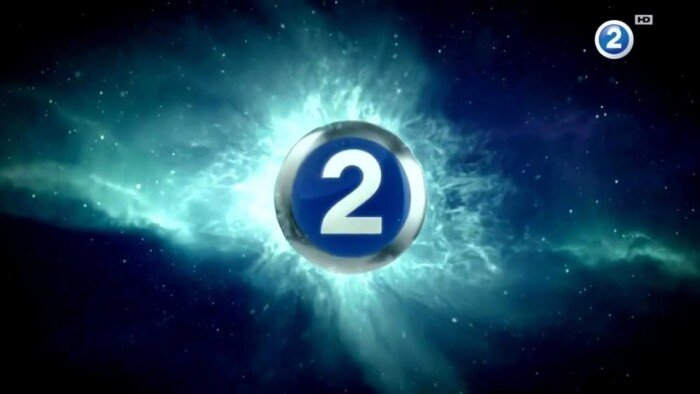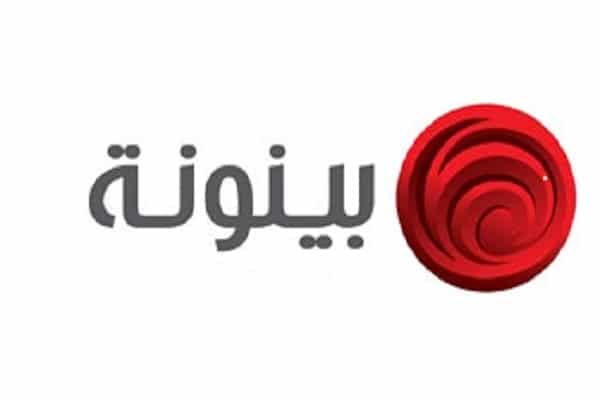MBC 2 Frequencies on Every Satellite

MBC 2 is a premier television channel that has become synonymous with Hollywood entertainment in the Arab world.
Launched by the Middle East Broadcasting Center (MBC) Group in January 2003, MBC 2 is celebrated for its extensive library of English-language movies, ranging from blockbuster hits to classic films, all subtitled in Arabic to cater to a diverse audience.
As one of the first free-to-air channels dedicated to Western cinema in the Middle East, MBC 2 has built a massive following among movie enthusiasts across the region and beyond.
Available on multiple orbiters, the channel ensures availability for viewers seeking high-resolution entertainment. This article provides a comprehensive guide to MBC 2’s orbiter frequencies, setup instructions, reception tips, and a detailed look at its programming, enabling you to tune in and enjoy the best of Hollywood.
On the subject of MBC 2
Headquartered in Dubai, United Arab Emirates, MBC 2 is a flagship channel of the MBC Group, one of the largest media conglomerates in the Middle East. The channel was introduced to meet the growing demand for Western films in the MENA region, offering a 24/7 schedule of movies across genres like action, drama, comedy, thriller, and science fiction. MBC 2’s content is carefully selected to appeal to a broad audience, with Arabic subtitles ensuring availability for non-English speakers. The channel also features movie-related programs, such as behind-the-scenes specials and celebrity interviews, enhancing the viewing experience. Known for its family-friendly approach, MBC 2 edits content to align with local cultural sensitivities, making it a trusted choice for viewers of all ages.
MBC 2 Satellite Frequencies
To entry MBC 2, you need the correct frequency, alignment, baud rate, and FEC (Forward Error Correction) settings for your orbiter decoder. Below are the updated frequencies for MBC 2 on major orbiters as of June 2025, based on reliable sources. Always verify these details with the official MBC website (www.mbc.net) or orbiter databases like www.lyngsat.com or www.satbeams.com, as transponder parameters may change.
Nilesat 201/Eutelsat 7 West A (7.0° West)
-
Frequency: 11471 MHz
-
Polarization: Vertical (V)
-
Symbol Rate: 27500 kS/s
-
FEC: 5/6
-
Beam: Middle East and North Africa
Arabsat Badr 4/5/6 (26.0° East)
-
Frequency: 11938 MHz
-
Polarization: Vertical (V)
-
Symbol Rate: 27500 kS/s
-
FEC: 3/4
-
Beam: Middle East and North-West Africa
Eutelsat 8 West B (8.0° West)
-
Frequency: 11471 MHz
-
Polarization: Vertical (V)
-
Symbol Rate: 27500 kS/s
-
FEC: 5/6
-
Beam: East Beam
Additional Notes
-
MBC 2 is primarily broadcast on Nilesat, Arabsat, and Eutelsat, targeting the MENA region. It is not typically available on orbiters like Hotbird (13.0° East), Astra (19.2° East), or AsiaSat (105.5° East).
-
For viewers outside the MENA region (e.g., Europe, Americas, or Asia), direct orbiter entry may be limited. Check with local providers for retranspurpose options or explore MBC’s streaming platform, Shahid, for online viewing.
-
Some unverified sources list alternative frequencies (e.g., 11270 MHz on Nilesat), but these should be cross-checked with trusted resources to avoid setup issues.
Tips for Optimal Reception
To ensure a clear and stable signal for MBC 2, consider these practical reception tips:
-
Choose the Right Dish Size: A 60-90 cm dish is sufficient for Nilesat and Arabsat in core MENA regions like Saudi Arabia or Morocco. In fringe areas (e.g., southern Africa or northern Europe), a 100-120 cm dish is recommended for better signal stability.
-
Align the Dish Precisely: Use a orbiter finder tool or app (e.g., SatFinder or DishPointer) to point your dish accurately at the target orbiter (e.g., Nilesat at 7.0° West). Ensure a clear line of sight with no obstructions like trees or buildings.
-
Install a Compatible LNB: Use a Universal Ku-band LNB with local oscillator frequencies of 9.75 GHz (low band) and 10.6 GHz (high band). For multi-decoder setups, opt for a Twin or Quad LNB with a multiswitch.
-
Monitor Signal Quality: Check the reception resolution and resolution on your decoder’s setup menu. Aim for at least 70% signal resolution to prevent pixelation or signal drops.
-
Prepare for Weather Conditions: Ku-band signals can be affected by heavy rain or storms. Secure your dish to withstand wind and ensure proper drainage to avoid water pooling.
-
Verify Satellite Footprint: Confirm your location is within the orbiter’s coverage area using coverage maps on www.satbeams.com or www.dishpointer.com. For instance, Nilesat’s MENA beam may not reach northern Europe effectively.
Steps to Configure MBC 2 on Your Receiver
Follow these straightforward steps to manually add MBC 2 to your orbiter decoder:
-
Access the Installation Menu: Using your decoder’s remote, navigate to the “Setup,” “Installation,” or “Channel Setup” menu.
-
Select Manual Scan: Choose “Manual Search” or “Manual Installation” to input custom transponder settings.
-
Choose the Satellite: Select the appropriate orbiter (e.g., Nilesat 201, Arabsat Badr 4/5/6, or Eutelsat 8 West B) from the available list.
-
Enter Transponder Details:
-
Frequency (e.g., 11471 MHz for Nilesat).
-
Polarization (Vertical or Horizontal).
-
Symbol Rate (e.g., 27500 kS/s).
-
FEC (e.g., 5/6 or 3/4).
-
-
Initiate the Scan: Press “Scan” or “Search” to locate channels on the specified transponder. MBC 2 should appear in the results.
-
Save the Channel List: Confirm and save the searchned channels to your decoder’s memory.
-
Fine-Tune the Dish: If the signal is weak or the channel doesn’t appear, adjust the dish’s azimuth and elevation slightly while monitoring the signal meter on the decoder.
-
Verify the Broadcast: Tune to MBC 2 to ensure it’s transmission clearly. If issues persist, recheck the transponder settings or consult a professional installer.
For model-specific guidance, refer to your decoder’s user manual, as menu options may vary across brands like Strong, Humax, or Technisat.
MBC 2 Highlighted broadcasts
MBC 2 is a haven for movie lovers, offering a diverse selection of Hollywood films and complementary programs that cater to varied tastes.
The channel’s content is curated to provide entertainment for families and individuals, with Arabic subtitles ensuring availability. Below are some key programs and content categories:
Popular Content
-
Blockbuster Movies: MBC 2 airs major Hollywood hits, such as Jurassic Park, a thrilling dinosaur adventure, and The Avengers, a superhero epic featuring Marvel’s iconic characters. Recent releases are often included shortly after their theatrical run.
-
Classic Films: Timeless movies like The Godfather and Titanic appeal to viewers seeking cinematic masterpieces, with Arabic subtitles enhancing availability.
-
Genre-Specific Nights: The channel organizes themed movie nights, such as action-packed weekends with films like Die Hard or romantic evenings featuring The Notebook.
-
Movie Specials: Programs like Scoop provide behind-the-scenes insights, celebrity interviews, and updates on Hollywood’s latest releases, keeping viewers engaged beyond the films.
Content divisions
-
Action and Adventure: High-octane films like Mission: Impossible and Indiana Jones dominate prime-time slots, appealing to thrill-seekers.
-
Drama and Romance: Emotional stories like La La Land and Pride and Prejudice cater to viewers who enjoy heartfelt narratives.
-
Comedy: Light-hearted movies such as Home Alone and The Hangover offer family-friendly laughs.
-
Science Fiction and Fantasy: Films like Star Wars and Harry Potter transport viewers to imaginative worlds.
-
Horror and Thriller: Carefully edited titles like The Conjuring provide suspense without crossing cultural boundaries.
MBC 2’s schedule is designed for convenience, with prime-time slots (8 PM to midnight) featuring major films and daytime hours offering reruns or lighter content.
The channel’s commitment to editing content for cultural appropriateness ensures it remains suitable for all audiences.




